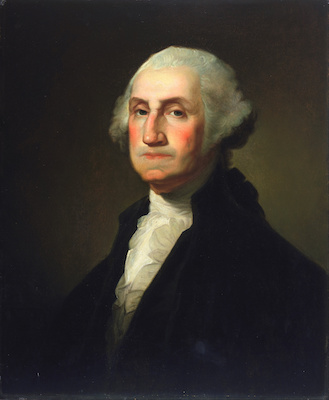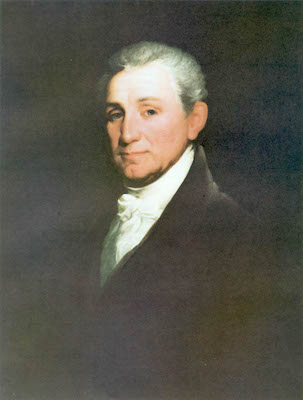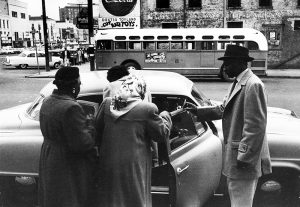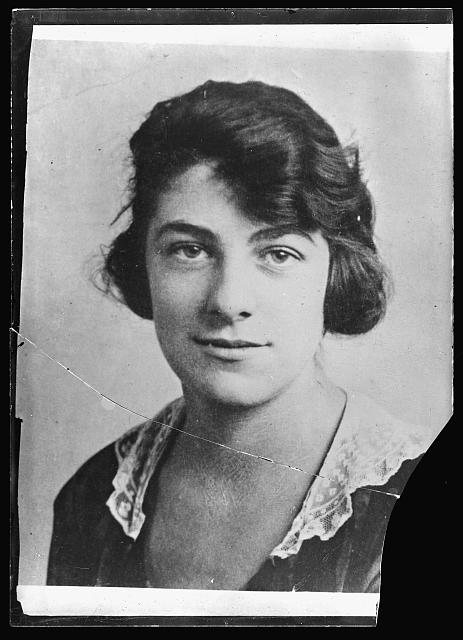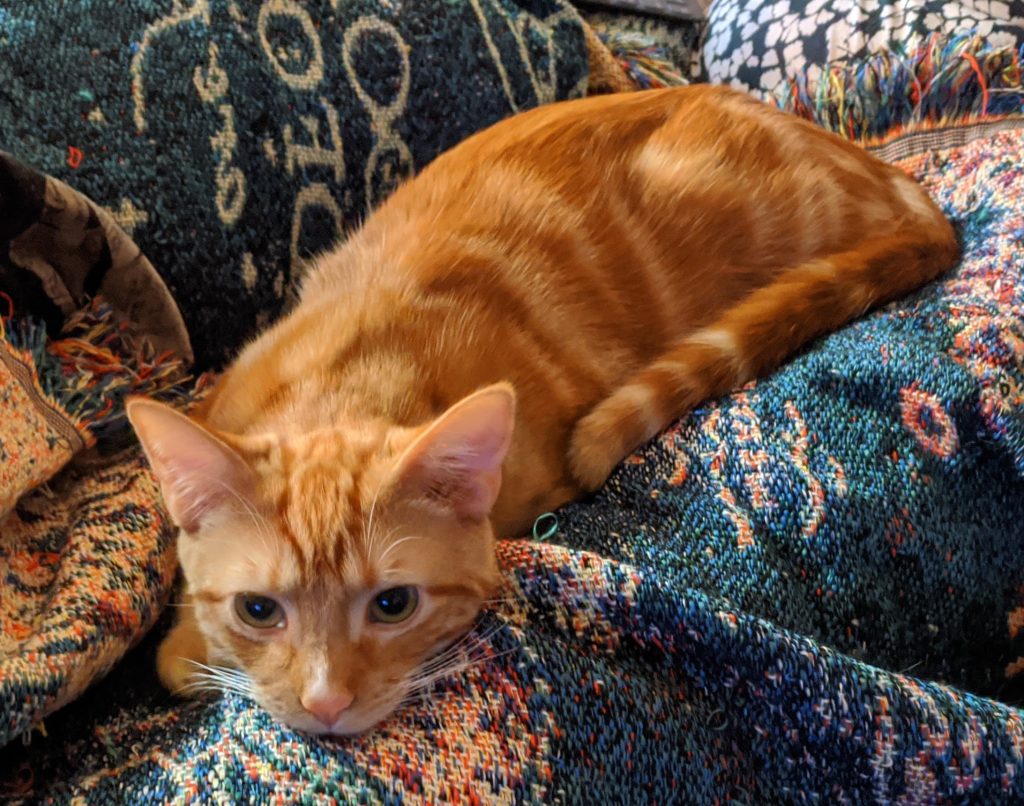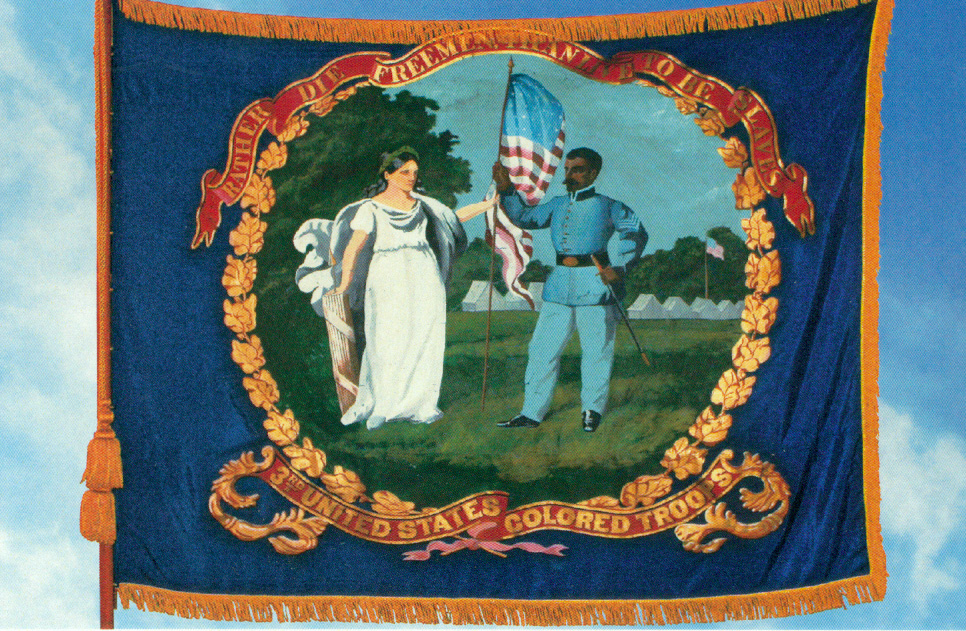
The flag in today’s post is the banner of the 3rd Infantry Regiment of the of the United States Colored Troops of the Civil War. It was designed by an African American artist, David Bustill Bowser, who also designed flags for at least 10 other African-American regiments. It reads, “Rather Die Freemen, Than Live To Be Slaves.”
We only know what seven of Bowser’s flags look like. There once were originals kept at the museum in West Point. However, they were thrown out in 1940. Or destroyed in a fire.
We really ought to keep better track of the symbols of the ongoing fight for our freedom.
July 4th, 1863, marks the surrender of Vicksburg, Mississippi to General Grant. African Americans had been joining the fight at Vicksburg well before the town surrendered, but recruitment continued afterwards. There was another 3rd African American regiment, the 3rd United States Colored Calvary Regiment. It was raised in October of 1863 in Vicksburg and saw quite a lot of service. By 1864 it was getting encomiums like this in the Vicksburg Herald:
We learn the black horse cavalry (U.S. 3rd colored) under their gallant leader Maj. Cook, captured the three pieces of artillery which where brought here as the trophies of the late fight near Woodville, Miss. It has been the custom of some “white folks” to underrate the courage of the negro soldiers, but we have heard officers and men of white commands who have been in action with the 3rd colored cavalry say that they are as good fighters as there are in the U.S. army, and under the lead of the chivalrous Cook they will charge to the cannon’s mouth.
The tone of that newspaper piece didn’t reflect general sentiment of many in Vicksburg. For example, the whites of that town stopped celebrating Independence Day. It wasn’t until 1945 that they got back in the habit, and not until 1947, when Eisenhower visited, that the practice really took off.
The African American’s of the Vicksburg area had no such compunctions, and in 1864 notably celebrated in the “House that Jeff Built”: i.e., the plantation where Jeff Davis kept 131 slaves in 1860.
While some people complain that Black people had no cause for celebrating the Fourth of July in the nation’s past, Black military history researcher Bennie McRae of Trotwood, Ohio says the Black people celebrating that first July 4 at Davis Bend were entitled to celebrate because of their involvement with the war effort.
“It was not a white thing, because when Vicksburg fell Black soldiers at Milliken’s Bend and in other battles over in Louisiana and Mississippi had made it possible,” he said.
The most noteworthy battles fought by Mississippi Black troops to liberate themselves, their families, and the entire nation are the Battle of Milliken’s Bend, June 7, 1863, as part of the Vicksburg Campaign; two battles in or near Yazoo City, February and March, 1864; Big Black and Concord Church, Nov. 23-Dec. 4, 1864; Brownsville, MS, April, 1864; Brice’s Crossroads, June 1-13, 1864; Tupelo, July 5-1864, and Big Black and Concord Church, Nov. 23-Dec. 4, 1864.
“That was a heck of a cause for celebrating the Fourth of July in 1864 and in the years since, because their people assisted in bringing down the Confederacy,” McRae said. “There’s an abundance of documentation on that coming from the soldiers and sailors and the contraband (ex-slaves) themselves.
May we continue to be able to preserve our union without having to design new regimental flags. But remember, not all battles for liberty for the U.S. and its people were fought solely under the Stars and Stripes, and the stories of those flags matter.


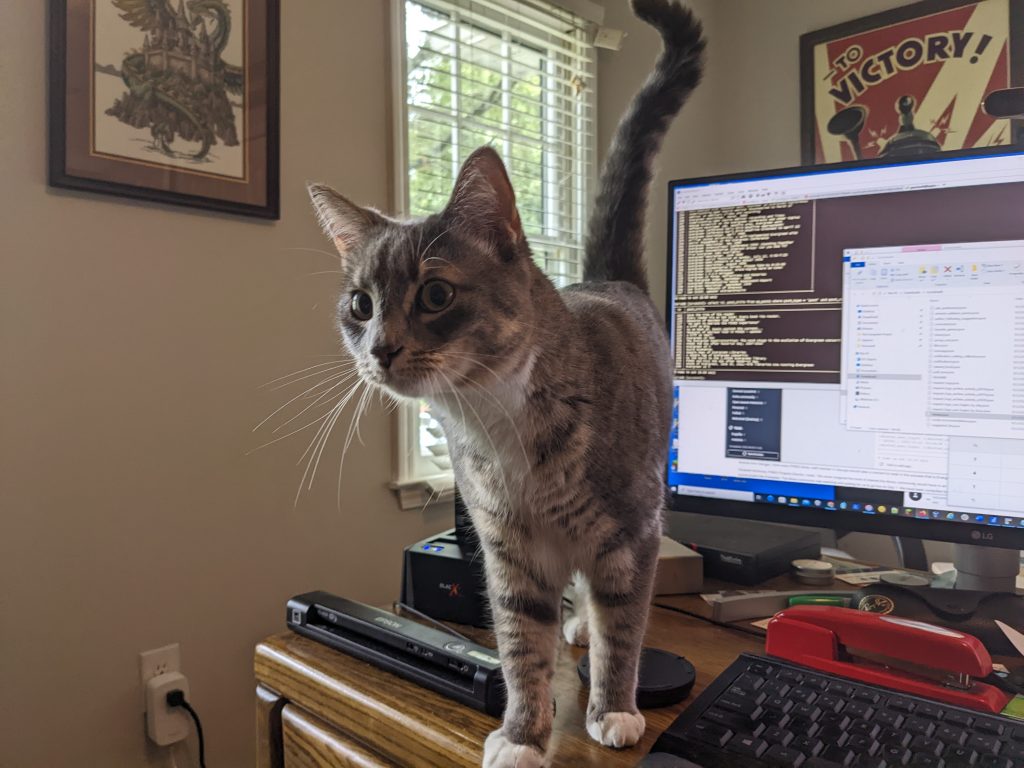

![[Picture of general orders made by General Granger in Galveston, Texas on 19 June 1865]](https://www.readingreality.net/wp-content/uploads/2022/06/General_order_No._3_of_June_19_1865-675x1024.jpg)

